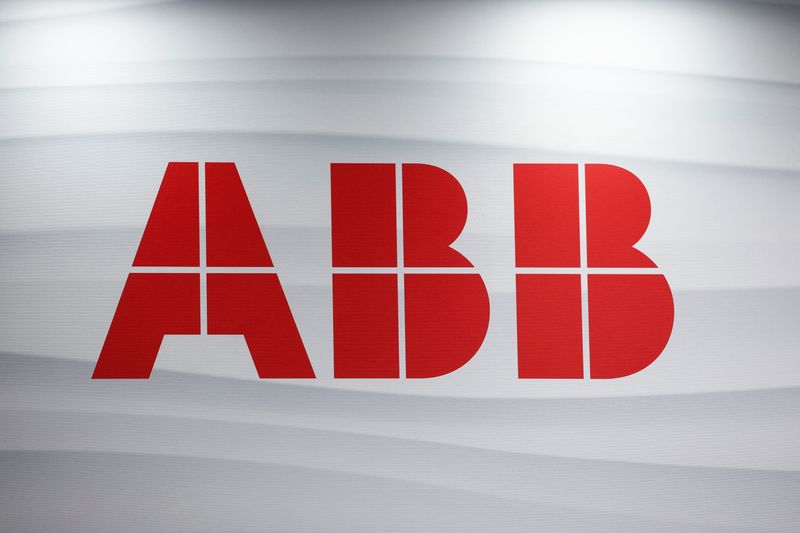My brother died leaving me the sole beneficiary of his 401(k) – should I feel pressured to share the money with my siblings?
Losing a family member can be beyond devastating. And while inhering money is a nice thing, it often comes with a degree of pain and sadness, at least at first. As if that weren’t tough enough, you might also end up in a situation where you’ve inherited money but feel guilty about it because […] The post My brother died leaving me the sole beneficiary of his 401(k) – should I feel pressured to share the money with my siblings? appeared first on 24/7 Wall St..

Key Points
-
If you’re named the sole beneficiary of a 401(k), there’s no obligation to share that money.
-
You may want to be generous with your inheritance if you can afford it.
-
It’s best to have estate-planning discussions openly to get family members onto the same page.
-
Are you ahead, or behind on retirement? SmartAsset’s free tool can match you with a financial advisor in minutes to help you answer that today. Each advisor has been carefully vetted, and must act in your best interests. Don’t waste another minute; get started by clicking here here.(Sponsor)
Losing a family member can be beyond devastating. And while inhering money is a nice thing, it often comes with a degree of pain and sadness, at least at first.
As if that weren’t tough enough, you might also end up in a situation where you’ve inherited money but feel guilty about it because another member of your family was excluded from that inheritance. And that seems to be the case for this Reddit poster.
Here, we have someone who inherited their brother’s 401(k) in full. For some reason, their other sibling was not listed as a beneficiary on that 401(k), so they’re entitled to nothing.
The poster is wondering if they should share the money with their sibling, or keep the entire 401(k) balance themself.
They don’t share what amount of money they’ve inherited, so I have no idea if it’s a modest sum or a large sum that could easily be split between two people. But it almost doesn’t matter, since my advice is the same either way.
Do what you feel is right, but there’s no obligation
The sibling who inherited their brother’s 401(k) is in a bind because they want to do the right thing, but they no doubt also want to protect their own financial interests.
In the absence of knowing how much money they inherited upon their brother’s passing, I would tell the poster to try to do right by their remaining sibling and share the money if they feel they can afford to do so. But if they can’t, then they don’t have that obligation.
To be clear, I think this is a good approach whether it’s a $50,000 inheritance or $500,000.
It may be that the poster is getting $50,000, but it’s really just bonus money because they’re in a good place financially. If so, splitting it might do a lot for the remaining sibling who didn’t get anything.
Or, maybe the poster is getting $500,000, but they’re deep in debt and don’t own a home and need every penny of that money. That’s reason enough to keep it all, especially if their remaining sibling is in a better place financially than they are.
But technically, the money is theirs and they don’t have to share it. They should consider their relationship with their remaining sibling when making the choice. If it’s always been a positive one, that’s something to take into account.
If there’s animosity, or if there was animosity between the surviving sibling and the one who passed, that’s a different story.
If the sibling who received nothing was intentionally excluded for a known reason, that changes the narrative. There are many variables at play, and all should be considered.
It’s best to have these conversations ahead of time
Clearly, the family here can’t go back in time and have an open conversation about who’s going to inherit the 401(k). But as a general rule, I’m a fan of having these talks so that everything is out in the open and there’s no confusion or hard feelings after the fact.
It’s also smart for families in these situations to sit down with a financial advisor. They can offer guidance on estate planning that helps make the transfer of assets easier on everyone involved.
The post My brother died leaving me the sole beneficiary of his 401(k) – should I feel pressured to share the money with my siblings? appeared first on 24/7 Wall St..
































































































































































